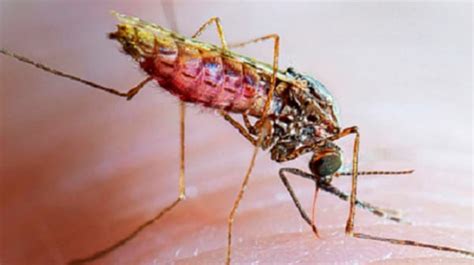
Malaria is a serious and sometimes fatal disease caused by parasites that are transmitted to humans through the bites of infected female Anopheles mosquitoes². Here are some key points about malaria:
### Causes
- **Parasites**: The disease is caused by Plasmodium parasites. There are five species that can infect humans, with *Plasmodium falciparum* and *Plasmodium vivax* being the most dangerous².
- **Transmission**: It is primarily spread through mosquito bites, but can also be transmitted through blood transfusions, organ transplants, or from mother to child during birth².
### Symptoms
- **Early Symptoms**: Fever, chills, headache, and muscle aches, typically appearing 10-15 days after being bitten².
- **Severe Symptoms**: Severe fatigue, confusion, seizures, difficulty breathing, and organ failure. Severe cases can lead to death if not treated promptly².
### Prevention
- **Avoiding Bites**: Use insect repellent, sleep under insecticide-treated bed nets, and wear long-sleeved clothing².
- **Medications**: Antimalarial drugs can be taken to prevent infection, especially when traveling to areas where malaria is common².
### Treatment
- **Antimalarial Drugs**: Medications such as chloroquine, quinine, and artemisinin-based combination therapies (ACTs) are used to treat malaria².
- **Early Diagnosis**: Prompt treatment is crucial to prevent complications and death².
Malaria is a significant health issue, especially in tropical and subtropical regions. It's important to take preventive measures and seek medical attention if you suspect you have malaria.


0 Comments: